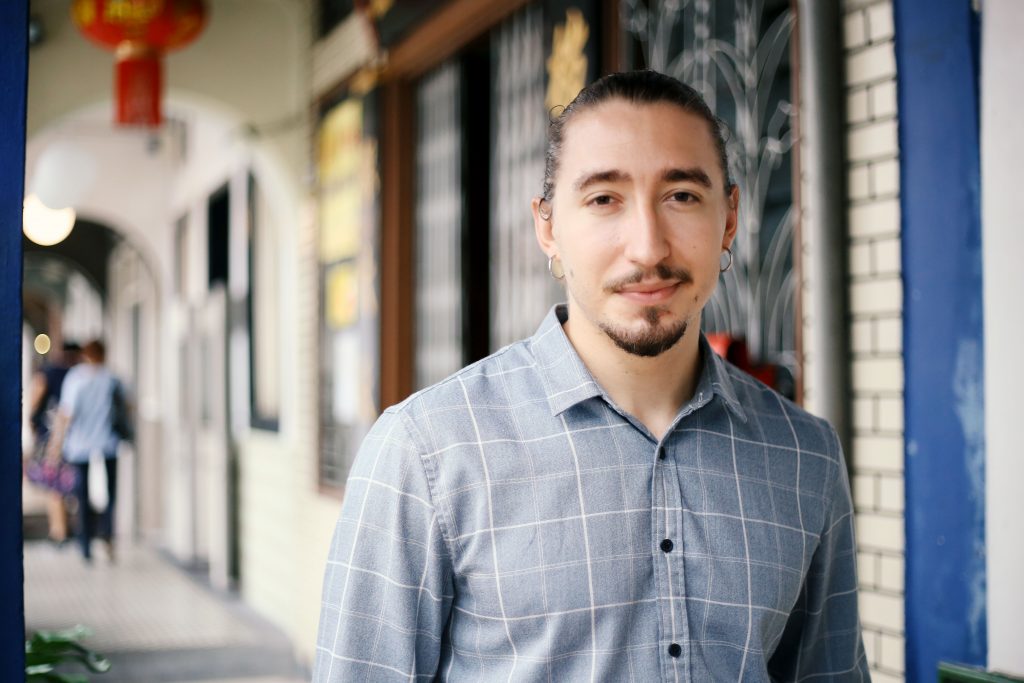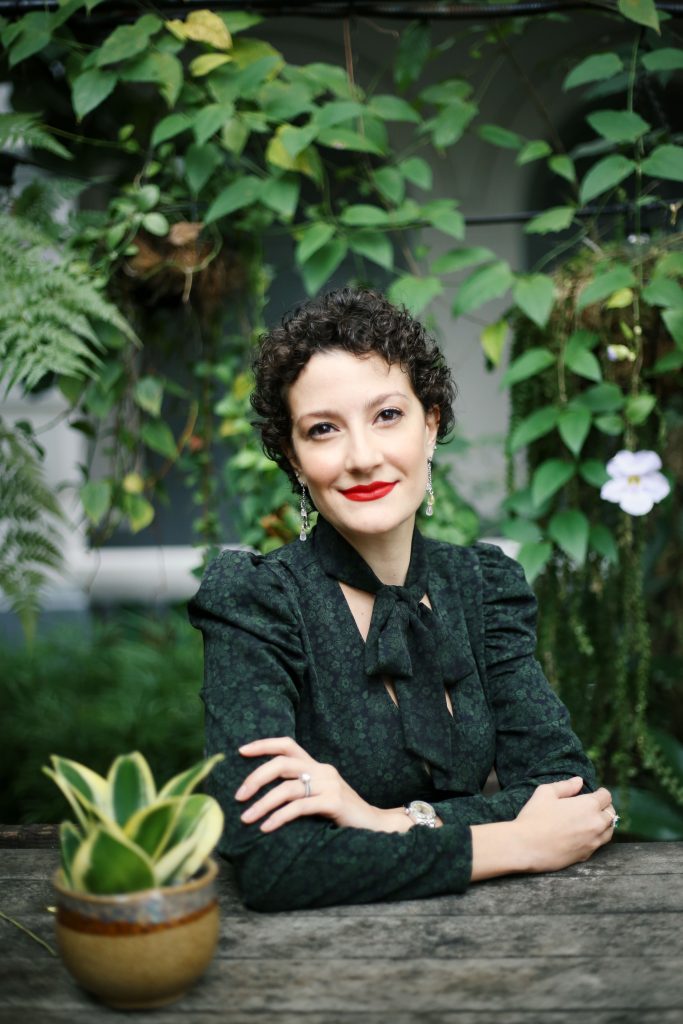According to Google, the definition of an ‘expat’ is “a person who lives outside their native country.” In Singapore, however, the word is used to describe foreigners, usually of caucasian descent, who move here for white-collar business opportunities and employment.
In October this year, I wrote an article titled ‘Why It Sucks To Be An Expat In Singapore Right Now.’ In the piece, Australian Kym Grieves said that Singaporeans have an outdated perception of what it means to be an expat in Singapore today. An example she gave was how there is a common notion that most expats receive high-salary packages that include school, travel, and housing allowances.
“These [views] are so misaligned with what the real world looks like now,” she said. “It seems that a lot of Singaporeans seem to think the expat world still looks like the 1990s … it’s not like that anymore.”
On top of that, more and more foreigners live in the heartlands, send their kids to local schools, and increasingly look to settle down on a long-term basis.
So as demographics change, policies tighten, and the dynamics between foreigners and locals evolve, how will employment and hiring practices evolve next year? We spoke to a few individuals from the tech and startup fields to find out.
The views expressed are representative of these individuals, and do not speak for all foreigners.
Integration Has Increased, But Is Singapore Losing Its Attractiveness As A Foreign Talent Hub?
Internationally, the anti-foreigner discourse that has heightened in intensity this year may have an negative impact on Singapore’s reputation as an international talent hub.
I ask Mikki Kobvel, a software architect in the startup scene, about the new visa that will be launched for tech talent next year, to which he asks, “Why would they travel here? I see little motivation for people who are top talents to move to Singapore just because the visa will be available to them.”

So does Singapore provide the right environment?
Technically, yes—many top companies have bases here, we have favourable tax regulations, and proximity to the rest of the Southeast Asia region facilitates business. But this year, the added restrictions on hiring foreigners may have made Singapore come across as less-welcoming than other cities in the region.
“I know at least 3 people who were literally kicked out of Singapore because of the employment situation,” Mikki says. “They lost their jobs, couldn’t find new ones because companies didn’t want to sponsor visas, and had to leave.”
With the added complexities added to life here as a foreigner, overseas talent may think twice before settling down or moving to Singapore. At the same time, Mikki doesn’t deny that Singapore is still one of the most promising countries globally for the tech field.
From a recruitment perspective, Nicole Sichon, a 27-year-old tech recruiter, says that she doesn’t see Singapore’s position drastically diminishing any time soon.
“While the perception of foreigners has changed a lot, I wouldn’t say the reputation is damaged as there are still big companies that are able to hire foreigners and don’t compromise on the quality of their hires—such as Tiktok, Shopee, Facebook, and Google.”
“Also, we need to understand that the government is not anti-foreigner, they just want to make sure that we’ve looked at Singaporean and PR talent first as a priority,” she adds.

As I pick Nicole’s brain about the recruitment industry, there is one question I can’t ignore: Do expats earn more than locals?
The public seems to think so, and to an extent, so do I. But Nicole has observed something different in the current climate.
“Actually, Singaporeans are gold dust when it comes to recruiting. Many companies are pushing to hire more Singaporean talent, so Singaporeans can earn more now,” she explains.
“Recruiters can use that as a bargaining chip when negotiating packages for candidates. They will say: ‘Oh but this person is Singaporean or PR. And it’s hard to find a specialised local in this field so they should get a certain salary.’”
“And on the flipside, many foreigners have to settle for less now,” she continued. “Because a company will use the fact that it’s so hard to sponsor a visa to bargain down their deal.”
Cheryl,* another recruitment specialist I speak to, also observes that “based on the contracts I have seen this year, locals are earning more than expats now.” She adds that stricter foreigner quota restrictions may be a part of the reason for this.
When Nicole first says this, I am reminded of my own job search last year. At the time, my job prospects seemed promising at first—I had connected with various companies, spoken to employers and recruiters alike, and was invited for multiple interviews. However, the entire process culminated with the majority of employers saying that they couldn’t sponsor a visa. On a few occasions, I was even told I would have gotten the job if it weren’t for my ‘foreigner’ status.
But going back to the issue of pay disparity, if we look at the industries which are rapidly expanding, locals earning more than foreigners is not a novel concept. We see it in the Smart Cities industry, which develops technologies that modernise cities in more ecological, connected, and convenient ways. In Singapore, funding for smart city startups has increased from US$84.8 million in 2015 to US$276.7 million in 2020 so far.
Silvia Checco, the 32-year-old founder of Blue Stream Consultancy, a recruitment agency in the field of Smart Cities, explains that when she started in the industry 5 years ago, many hires were foreign because a lot of the technology that was being implemented in Singapore didn’t exist here.
“So when we would find a local with the expertise, they were very expensive, even more than foreigners. They knew they were hard to find.”
Partially, Silvia thinks the lack of talent in new industries is a result of Singapore’s social and cultural pressure on young individuals to opt for more traditional careers like law, medicine, and engineering, which has created a gap in certain industries.

One struggle she faces is that many local candidates with the right educational backgrounds lack practical experience.
“NTU does a lot of research in this field, but beyond knowing the theories, a candidate must have taken them and made something out of it. So often, when a foreigner is hired, it’s because they have that balance.”
For Smart Cities and the tech industry in general to grow sustainably, continuously expanding the local talent pool is necessary. But Silvia thinks there needs to be a balance to keep Singapore at the forefront of the field internationally.
“Countries like Denmark have been smart in terms of energy for the longest time. So if we’re bringing those technologies from Denmark, or even Europe or the US, we also need people from there to get it successfully running here and to groom the local talent pool.”
And while the government does strive to keep the balance, she admits that foreigner restrictions over the past year have stifled recruitment in the industry: “I had a client apply for 4 EPs and 3 got rejected. I have another EP that has been pending for three months, and it’s for a candidate who has been here for 15 years.”
“They are trying to show the public that more measures are in place, but they are forgetting about the long term.”

“Locally, there are few who have international experience, which may be needed to manage a diverse company. An individual who has lived in Asia, Australia, and London for example will have a better ability to lead than someone who has only worked in the same place.”
While all these contribute to the pay disparity some individuals may face, Mikki makes it clear that he believes it’s the hiring model in Singapore that is holding locals (and foreigners) back.
Singapore’s Outdated Hiring Model Is Holding Singaporeans Back
In the US or Europe, candidates can climb the corporate ladder with greater ease than here. In Singapore, an individual’s salary is almost always based on what they earned in their previous position.
“That is not transparent at all,” Mikki exclaims. “Your salary should be benchmarked by your skill. It’s ridiculous to always be given a standard 10-15% increment based on your past salary, as you may be bringing a whole new set of expertise and be taking up a new set of responsibilities in the new role.”
“This is a very old school way of doing things, and doesn’t contribute to the development and motivation of talent.”
When I ask Nicole about this, she agrees, saying that “many clients do require us to state what the candidate is currently on. And sometimes, they standardise their increments to a specific percentage range above what the candidate was previously earning.”

This practice also negatively impacts the career progression of foreigners in Singapore. Cheryl tells me the story of a foreigner who passed every round of interviews for a company, but ended up walking away because the offer didn’t meet their expectations.
“The new job would have entailed a whole new set of responsibilities, as it involved setting up a new project from the ground up. But they weren’t willing to offer a substantial salary increase just because of their previous pay.”
“The sad thing is, what the candidate was asking for was still below their budget,” Cheryl admits. “But the client said: ‘If we give a foreigner any more than a 20% increase, MOM will flag us for that and we will have issues.’”
For Silvia, employers can’t be blamed entirely for this issue. She reminds me that “Singaporeans jump jobs quite a bit, and every time they jump they get an increment.”
“On one hand, providing good career progression is important in retaining talent, and if you don’t that’s when you get all the jumps. But also, if someone keeps jumping, they may not accumulate the right experience to justify a bump.”

Next year, we may see foreign employment patterns change. On one hand, companies like ByteDance, Tencent, and startups from the alternative-protein sector are looking to establish a presence in Singapore. But at the same time, foreigner restrictions continue to remain stringent.
“There might be less foreign hires next year because of pressure from the government and travel restrictions,” Silvia says. On top of this, the pandemic has proven to companies that working remotely works, and therefore, that the need to bring talent in from abroad can be unnecessary at times.
Mikki runs remote software development teams, and he has seen his business do well throughout the pandemic.
“Everyone understands that now you can launch software from anywhere. So even when COVID is over, this trend will continue as businesses realise that you can get quality work from your team remotely, and that they don’t need to bring someone over and go through the difficulties of sponsoring a visa.”
But this exact challenge is putting local workers at risk as well. As companies realise the same jobs can be done for less in India, the Philippines—or anywhere really—they may be tempted to outsource the work of locals as well.
While this is a risk, Nicole is quick to tell me this is not an immediate threat: “We may see companies hiring candidates and getting them to work remotely until border restrictions open up, but not indefinitely. Maybe if they need to mass hire, they may offshore to reduce cost. But it depends on the nature of the project. If it makes sense to be in Singapore, they will hire here.”
What has happened this year is unprecedented, and it will have long lasting effects on migration patterns, integration dynamics, and the job market. While we have seen job losses and the shrinking of certain markets, there are also new industries expanding in Singapore, bringing with them opportunity, but also different needs and requirements compared to what we are traditionally used to.
With this, we will need to adopt a more nuanced approach to immigration in general, and stray away from the outdated concept of ‘us’ versus ‘them’.
*The profile asked to have their name changed.







